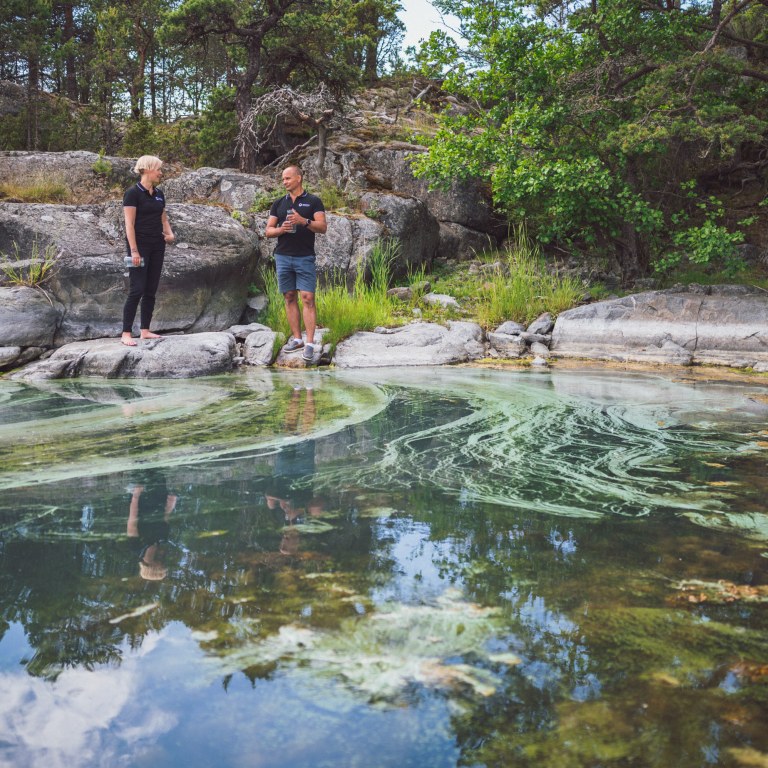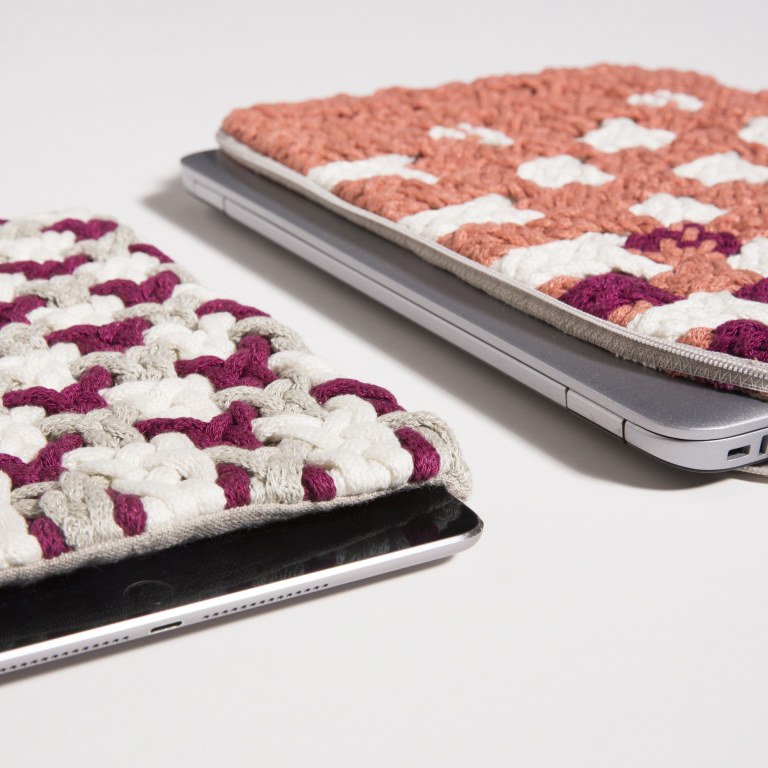The City of Espoo is serious about climate change. The city's strategy, the Espoo Story, states that Espoo is to become carbon neutral by 2030. Meanwhile, the various sustainability-driven initiatives — like Kera smart city piloting environment and the CarbonWise project — are testament to the city's resolve here and now.
Cooperation is how Espoo puts its sustainability strategy into action. The city cooperates with companies, universities, research organisations, and other cities with a definite purpose in mind: To create solutions that will help solve the climate challenge and create sustainable business.
It's, therefore, the companies and research players in the city's vibrant sustainability ecosystem that drive Espoo as a leading city in sustainability.
Next in this article, you learn about some of the most intriguing sustainability innovations by Espoo-based players, big and small.
Fixing the fashion industry — from waste to new, sustainable materials
The fashion industry is responsible for about 10% of global pollution. A big part of the problem is that the production of fossil-based polyesters is highly polluting, while cotton cultivation needs considerable amounts of water and arable land. Ioncell and Infinited Fiber aim to tackle these challenges by turning waste into new, sustainable materials.
Both startups have sprung out of Espoo's world-class local research environment. Ioncell is an Aalto University project, and Infinited Fiber is a private company with roots in VTT Technical Research Centre of Finland. Ioncell turns pulp and post-consumer textiles into high-quality fibre that can be used to make sustainable clothing and composites. Infinited Fiber takes used textiles, waste cardboard, crop residues and makes premium-quality fibres out of them for the textile industry. Both have secured investments from international fashion giants.
In product packaging, Paptic provides a biodegradable alternative to plastic. The startup's wood-based and food-safe packaging material combines the benefits of plastic, paper, and textiles in a reusable form. With only minor modifications, Paptic packaging can be produced with existing paper machines — making the business easily scalable.
Crickets, algae, and air — envisioning the future of food
Climate change has led us to ponder what we should put on our plates. Replacing meat is a good place to start. However, there are a number of innovative companies in Espoo that look beyond what's usually served at dinner time to pave the way for a sustainable future in food.
The seas are filled with excessive amounts of nutrients. Origin by Ocean tackles the eutrophication problem by collecting marine biomass and developing ingredients from algae. Its partner companies then use the ingredients to produce food, cosmetics, and other products. Origin by Ocean plans to open its first commercial biorefinery in 2025. The unit will clean up nitrogen and phosphorus from the Baltic Sea to the tune of hundreds of tons per year.
While Origin by Ocean produces food from pollutants in the seas, Solar Foods can fill our stomachs by creating food out of air. Using a natural fermentation process, Solar Foods utilises air and renewable energy to create the world's most sustainable protein, Solein. Solar Foods is headquartered in Helsinki, but the startup has its roots in VTT and its pilot factory in Espoo. The company plans to start the commercial production of Solein next year.
Finally, have you ever tasted crickets? EntoCube captures the growing interest in sustainably produced edible insects by developing state-of-the-art technology for cricket farmers. Crickets are high in protein and come in handy as a nutritious, crunchy snack or as a side to whatever you have on your plate.
Leading clean energy transformation and creating a quantum computing environment
VTT is building Europe's leading clean energy research and test environment in Espoo. There, companies can scale solutions to production quickly and cost-effectively in areas like energy, housing, and traffic in the testing area.
However, this is not the only massive transformation VTT is building in Espoo. Quantum computing is a tool to solve some of humanity's most complex challenges, and VTT has the leading role in creating a quantum business environment in Finland. The pinnacle of this development is the 50-qubit quantum computer that the research centre is building in Espoo with IQM, the local quantum hardware startup. A 5-qubit version is already up and running, with the finished computer is set to be operational in 2024.
Meanwhile, other big players are also showing the way in sustainability. Neste, the world's leading renewable diesel and sustainable aviation fuel producer, is annually ranked among the most sustainable companies in Corporate Knights's Global 100 ranking. In the recent Clean200 ranking, the ICT giant Nokia and the world's elevator and escalator industry leader Kone were selected in the global top 50 companies that lead the clean energy transformation.
Espoo has set its sustainability and climate goals high for a reason. Firstly, the city wants its citizens to enjoy safe, healthy, and smooth living in a carbon-neutral city. Secondly, together with its partners, Espoo is determined to develop, test, and implement the solutions for a sustainable future. In Espoo's innovation ecosystem, you find the players that make the city's sustainability pledge a reality.
Hero image: Antti Kangassalo



